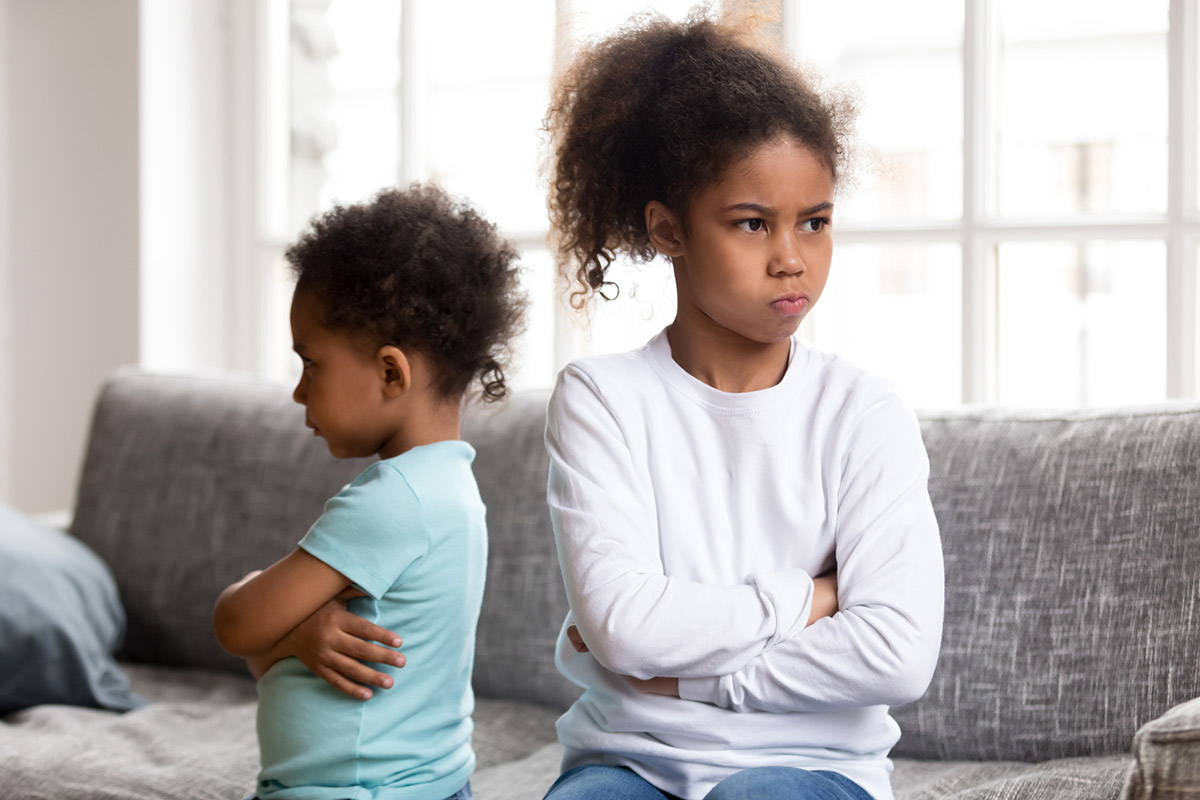What parents need to know about forced apologies.
What parents need to know about forced apologies is that making a child apologize when they don’t genuinely feel sorry can do more harm than good. All children make mistakes and do things we wish they wouldn’t. Sometimes, they aren’t even aware of their actions or the impact on others. When a child offers an apology, it may not fully reflect their understanding of wrongdoing, but when they don’t, it leaves many parents wondering what to do next.
A child’s ability to understand consequences and the process of forgiveness develops over time. Parents play a critical role in guiding this growth. By learning how children process feelings, you can help them move beyond simply saying “sorry” to truly meaning it.
Why Parents Need to Know About Forced Apologies
Consider this common scenario: three-year-old Jane and her two-year-old sister Claire are playing with dolls. A tug-of-war erupts, and Claire begins to cry after Jane pulls the doll away. Their mother, Jennifer, immediately tells Jane, “Say you’re sorry!” Jane mumbles “sorry,” Claire calms down, and the situation seems resolved.
However, early childhood experts emphasize that forcing an apology can lead to confusion about emotions and self-perception. When children are told to repeat words about feelings they don’t understand or feel, they learn to distrust their own emotions and may see it as acceptable to lie about how they feel.
Moreover, memorized apologies teach children that words alone can resolve conflicts without understanding or addressing the root cause of their behavior. This approach rarely encourages real behavioral change, which is the true goal of teaching children to apologize.
For more insights on child development, you can refer to HealthyChildren.org for expert guidance.
Strategies for Encouraging Genuine Apologies
Parents can foster authentic apologies and empathy with these strategies:
1.Explain Feelings to Your Child: What Parents Need to Know About Forced Apologies
Give children information about how their actions affect others. Young children often cannot process the emotional consequences on their own. By explaining how someone feels, you can appeal to their developing empathy and encourage genuine regret.
2. Offer Alternatives
Providing similar toys or options can help children resolve disputes without conflict. Redirecting play toward other activities, like building blocks or reading, also helps reduce tension.
3. Avoid Labeling Roles
Avoid consistently casting one child as the victim and the other as the “bad” child. Being pigeonholed into either role can be damaging and affect self-esteem.
4. Teach Problem-Solving Skills
Work with your child on cooperation and problem-solving strategies. This equips them to handle conflicts independently and fairly.
5. Use Teachable Moments
Discuss situations involving other children at parks or playgroups. Observing and reflecting on these scenarios can help your child understand empathy and fairness outside of their own experiences.
A Positive Approach: What Parents Need to Know About Forced Apologies
Returning to Jane and Claire’s scenario, a more effective approach might look like this:
Jennifer gently removes the doll from the conflict and asks the girls to explain what happened. She listens without judgment and offers fair solutions, such as other dolls to play with. Jennifer also highlights how Claire feels: “It hurt Claire’s feelings when you pulled the doll away.”
If Jane expresses regret on her own, she can then tell Claire how she feels. This makes the apology authentic and meaningful. Jane learns emotional growth and fairness while remaining true to her feelings.
Key Takeaways: Teaching Children to Apologize
Teaching children to apologize sincerely is an important part of their emotional development. At First Congregational Preschool, our experienced educators guide young children with patience, understanding, and care, helping them recognize their feelings and how their actions affect others. By fostering empathy, problem-solving, and respectful communication, we support each child in developing the social and emotional skills they need to build positive relationships. Ensuring that apologies are not just words, but meaningful expressions of growth and understanding.
Learn how emotional support helps to build trust and confidence in your child.
For additional parenting strategies, check out PBS Parents for tips on emotional development in young children.


Leave a Reply